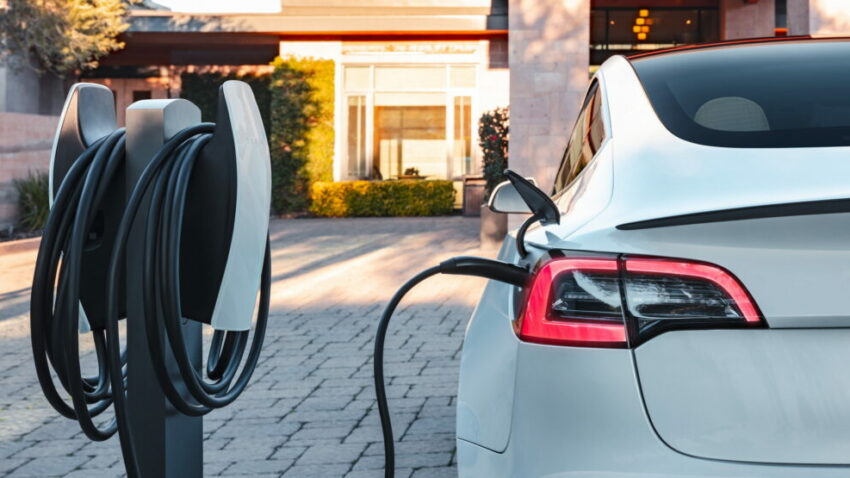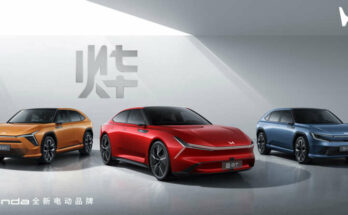The three key institutions of the European Union – the executive arm, the parliament, and all member states – have agreed to effectively ban the sales of new internal combustion engine (ICE) vehicles from 2035 onward, allowing only zero-emission cars for sale, as part of the “Fit for 55” strategy in a quest to battle the effects of climate change.
The plan was first announced in July 2021 and got approved by the member states in June 2022 following rounds of negotiations. Now however, it has been formally agreed on by the European Union. Thus, automakers will be forced to drop all petrol, diesel, hybrid, and plug-in hybrid models from their European lineups by 2035. Low-volume manufacturers of performance cars like Ferrari and Lamborghini got a favorable one-year delay.
Related: Toyota to Leave UK if Government Bans Hybrids
Besides the 2035 zero-emission target, all automakers by 2030 must reduce CO2 emissions of new cars by 55% (up from the previous reduction target of 37.5%) compared to 2021 levels. According to the Transport & Environment group, cars and LCVs are currently responsible for 16% of all greenhouse gas emissions in Europe.

Many were hoping for e-fuels to extend the combustion engine’s lifespan, but those kinds of vehicles do produce emissions from their exhaust, even if there are other ways to offset them for a zero carbon footprint. At the moment, the only powertrains that comply with the zero-emission-tailpipe rule are battery electric vehicles (BEVs) and fuel cell-powered electric vehicles (FCEVs). Still, there is a non-binding proposal by member states, calling for the European Commission to allow registrations of vehicles using carbon-neutral fuels after 2035.
Related: California Bans ICE Vehicle Sales by 2035
Europe is one of the most important markets for cars, so the EU’s decision will have global effects. Automakers will need to continue heavily investing in EVs in order to speed up the electrification process. This means there will be fewer funds available for the development of combustion engines for other regions with less strict emission regulations. Among the companies that have committed to stop offering ICE-powered vehicles in Europe by 2035 or even earlier are Volkswagen, Stellantis, Ford, and Jaguar Land Rover.

As it stands, the EU has a total of 27 countries, but more could join in the years to come as Albania, Moldova, the Republic of North Macedonia, Montenegro, Serbia, Turkey, and Ukraine are all candidates. The decision hints the beginning of the end for the combustion engine as drastic CO2 cuts are likely to kill off many ICE cars this decade until unless they get electrified.

A computer animation professional with over 23 years of industry experience having served in leading organizations, TV channels & production facilities in Pakistan. An avid car enthusiast and petrolhead with an affection to deliver quality content to help shape opinions. Formerly written for PakWheels as well as major publications including Dawn. Founder of CarSpiritPK.com




